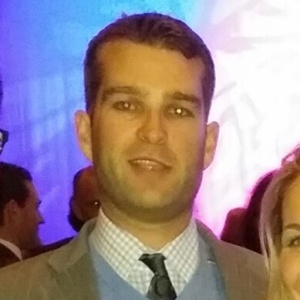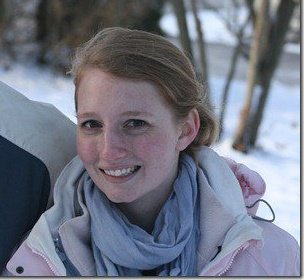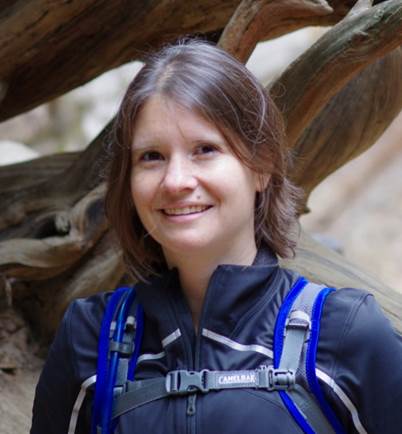
Describe your job and what you do on a day-to-day basis.
I use primary (interviews) and secondary (published medical literature) research sources to understand the preferences of patients and medical doctors for various treatments of different diseases. This information helps pharmaceutical companies determine how best to allocate their drug development resources.
How did you get your first job out of academia?
I knew when I finished my PhD that I probably would not stay in academia long term, but I was not ready to start a non-academic position immediately after graduation. So, I did everything I could to put myself in a position where I would be able to explore my options, develop the skills I needed to be a good candidate for a job, and have the opportunity to apply. This started with my move to Boston because I wanted a postdoctoral position in a geographic region that would allow me to network and make connections for a later move out of academic research. And, although I did enjoy research in both graduate school and as a postdoc, it became clear to me after about 18 months as a postdoc that as much as I love basic science research, I did not want to stay in academia forever.
During my postdoc years, I did a lot of the usual job search things: I visited career services, I joined AWIS (Association for Women in Science), and I practiced interviews. Because I am now working at a consulting firm, I also practiced lots and lots of cases both on my own and with a friend. In addition to this, I spoke with everyone I possibly could: friends, friends of friends, friends of coworkers, people at networking events, contacts that I made through graduate school, etc. In the end, I got a little bit lucky because I knew someone working at Decision Resources who offered to recommend me to the group. This recommendation helped me get my foot in the door, and then I was able to secure a job offer by exhibiting both interest and relevant competencies during the interview process.
Tell us about your academic background.
My dissertation research was to characterize mice with the same genetic mutations as humans with familial Parkinson’s disease. I was looking for Parkinson’s-related phenotypes in the mice, with the hope of further understanding how these mutations cause disease.
What is one piece of advice you would give to someone looking for a job now?
Have a good idea of the type of job you want. It’s ok to have a couple of ideas, as long as you can explain why you are interested in each field (and are able to prove interest).



 Teresa M. Evans, PhD
Teresa M. Evans, PhD Describe your job and what you do on a day-to-day basis.
Describe your job and what you do on a day-to-day basis.

 Describe your job and what you do on a day-to-day basis.
Describe your job and what you do on a day-to-day basis.
